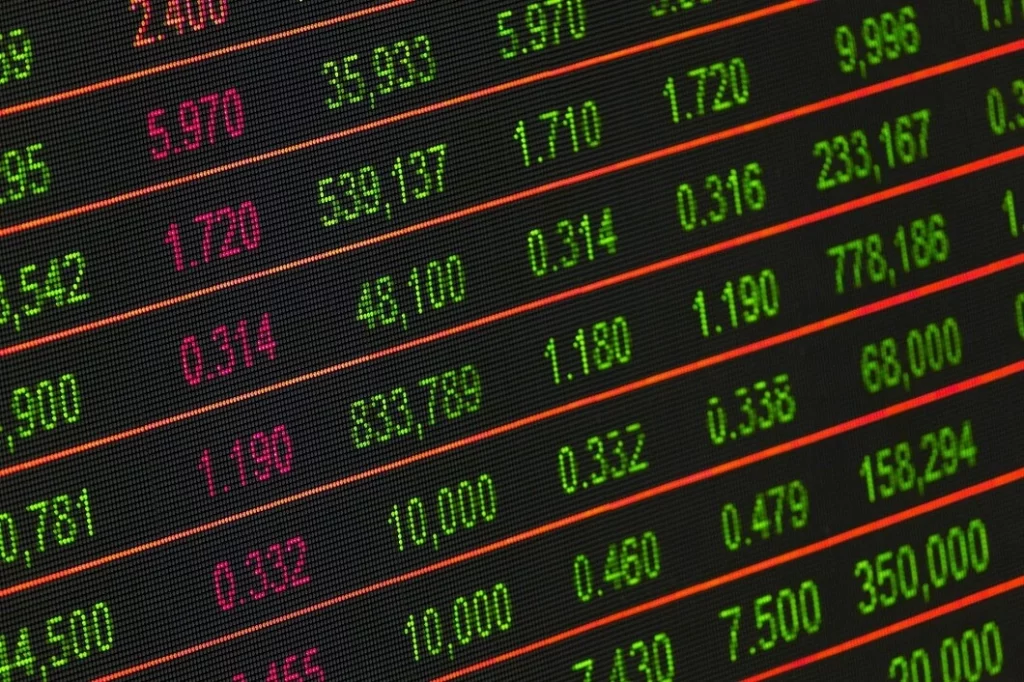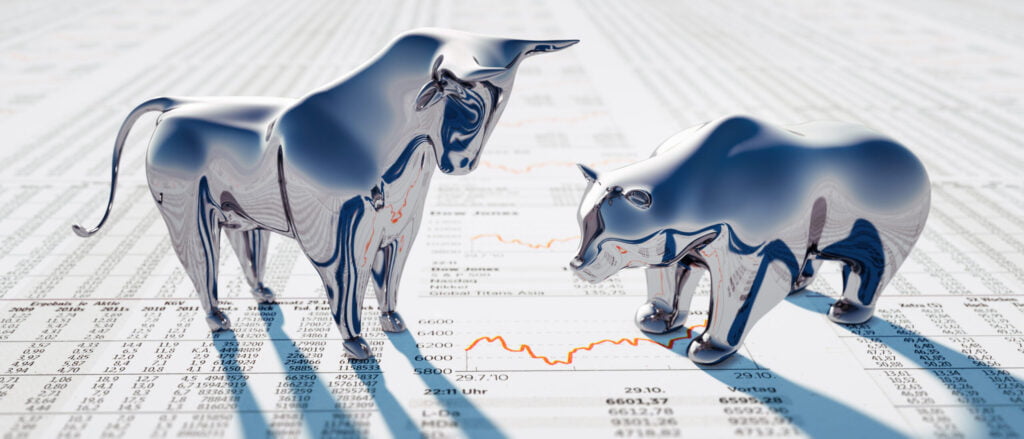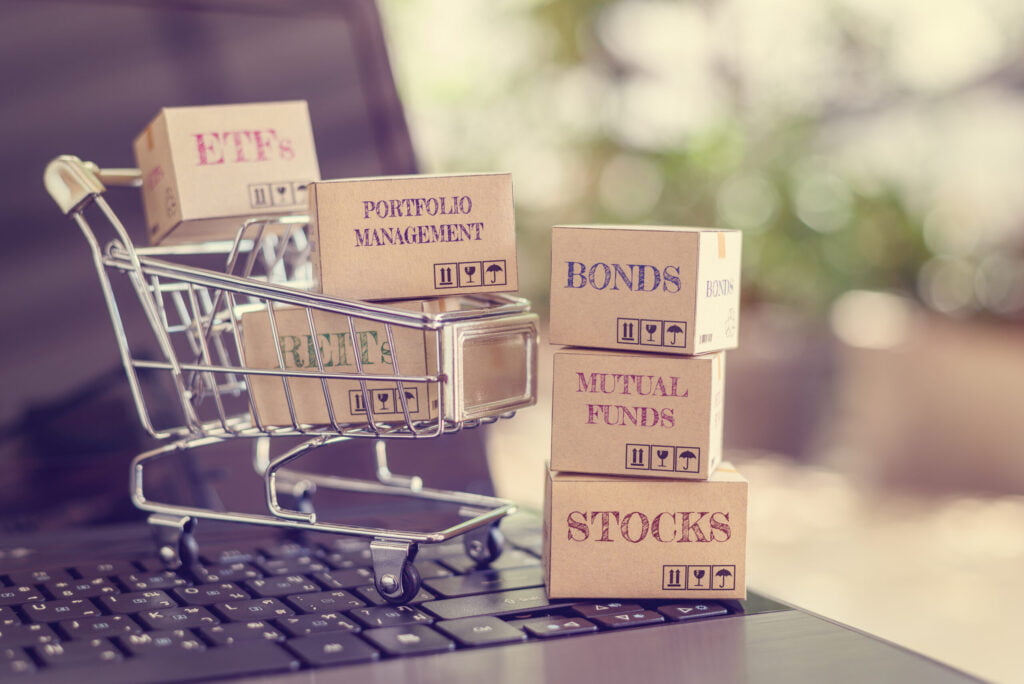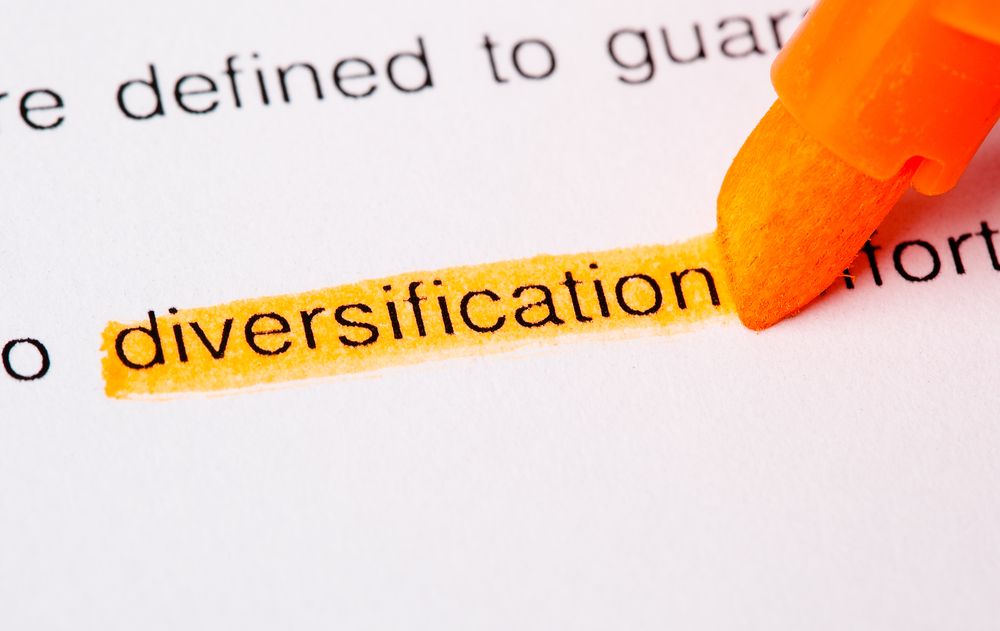What determines the success or failure of the trading and investment decisions you make in the financial markets? Your knowledge of the markets? How closely you track trends? Your ability to read and analyse financial statements and charts? Yes, all these factors undoubtedly play a crucial role.
But there’s also an emotional and mental component, often referred to as trading psychology that plays an essential part. Your emotions, like greed and fear, as well as your mental state, can either support or hinder your trading success. Hence, it’s important to understand and manage your emotions and behaviours when it comes to trading in order to best benefit your portfolio.
Table of contents
1. What is trading psychology?
2. The key contributors to trading psychology
3. The importance of trading psychology
4. The psychology of trading and its effects
5. How to improve your trading psychology
6. Different types of cognitive biases and how they affect trading
7. Psychological traits of successful traders
8. Tools to help remove emotional and cognitive biases
9. Frequently asked questions
1. What is trading psychology?
Trading psychology refers to the emotions, instincts, cognitive biases, and behaviours that influence your trading decisions. Your trading psychology dictates how much risk you take to generate returns and how you handle those risks.
Trading psychology not only plays an essential role in the decision-making process but also determines how you execute your trades, how well you stick with your trading plan and strategy, how you deal with emotional turmoil during the process, and how you refine your trading plan.
2. The key contributors to trading psychology
To better understand trading psychology, let’s look at some of its key contributors:
2.1 Personality and characteristics
Sometimes, you may see young traders play it safe when it comes to their trading decisions, even though they can afford to take more risks due to having minimal financial obligations. That’s because a trader’s personality and characteristics have a lot of bearing on how they operate.
Some people are inherently risk-averse and prefer safer, more conservative securities like bonds. Others might take on higher risk for the possibility of higher returns, and may also be more inclined to invest in speculative assets like cryptocurrencies.
2.2 Emotional responses
Ideally, short-term market fluctuations shouldn’t lead you to deviate from your trading strategy. However, in practice, emotional responses to market changes are natural, with the most commonly evoked emotions being fear and greed.
For instance, someone might hear about a minor instance of mismanagement at a company they have invested in, and then sell its stock even if there is a tiny price drop. In such situations, typically, stocks recover over time, but investors may lose objectivity if fear takes over.
2.3 Behavioural biases
Behavioural biases can distort a trader’s judgement and impact their trading decisions. Some common behavioural biases that impact traders include confirmation bias, representative bias, negativity bias, status quo bias, and the gambler’s fallacy.
For instance, if a trader believes that a company they have invested in has a strong outlook, they might tend to only consume or pay heed to news that aligns with this view, thus overlooking any negative news related to the company and its performance.
2.4 Social pressure
Social pressures like the opinions of experts, the influence of friends and peers, and the overall market sentiment can weigh on traders when making decisions. Herd mentality, for instance, is common when it comes to trading. For instance, if the market is bullish on a particular stock, a trader may be tempted to follow the crowd instead of conducting their own analysis.
3. The importance of trading psychology
Here are some essential aspects of trading psychology that are important for you to understand:
3.1 Emotions and trading
When it comes to trading, here are three things you should keep in mind as far as emotions are concerned.
3.1.1 Understanding fear
Nobody wants to suffer losses in the market, and hence, it’s easy for fear to seep in. However, understanding fear and how it impacts your trading decisions is essential so that you can manage it instead of panic-selling and booking unnecessary losses.
3.1.2 Overcoming greed
Greed, too, is a powerful emotion like fear that can lead you to take unnecessary risks or risks that you may not have the appetite to stomach. Hence, it’s crucial for you to have a clear understanding of your risk tolerance and stick to your investment plan instead of getting carried away by the prospect of possibly higher profits.
3.1.3 Snap decisions
Emotions like fear and greed can often lead to snap decisions. Such decisions can be detrimental to your portfolio because they make your investments deviate from your ideal asset allocation, risk tolerance, and investment horizon.
3.2 Setting rules
Understanding your own trading psychology is important because it can help you manage your emotions and behaviours, and prevent you from giving in to them and making irrational decisions. Setting certain well-defined rules, like your portfolio’s target asset allocation, allows you to stick to your long-term strategy and be disciplined.
3.3 Conducting research and review
Both your trading successes and failures are important to review and learn from. Reviewing your trades and strategies can help you refine them over time and figure out what’s more aligned for you, considering changing market trends as well as your financial goals and needs.
3.4 Psychological biases and trading
There are several cognitive biases and distortions that can influence your decisions and behaviour. It’s important for you to understand the specific cognitive biases that apply to you, and that lead to you making suboptimal trading decisions. For instance, if you realise that you easily fall prey to confirmation bias, you should be mindful of seeking and consuming market news that may challenge your current views to have a more objective and comprehensive take.
4. The psychology of trading and its effects
Some of the common effects of trading psychology and how they manifest are as follows:
4.1 Excitement
Excitement can lead to impulsive or snap decisions. For instance, if the price of a stock you hold rises more than expected, you can be tempted to hold it for longer than planned because the excitement of this profitable trade may push you to take more risk than is ideal for you. But if the price doesn’t increase further and instead starts to drop, you will end up losing out on potential gains.
4.2 Boredom or frustration
If the market is slow or if your portfolio has not been performing as you expected, it can lead to impatience, boredom, and frustration, driving you to make unnecessary trades. Overtrading can have a negative impact on your portfolio, and small losses due to decisions made out of boredom or frustration can accumulate substantial losses over the long term.
4.3 Pride
As a trader, it’s crucial to stay away from pride because it can cloud your judgement and prevent you from seeing or admitting to your mistakes. This failure to acknowledge and correct your mistakes can snowball your losses instead of helping you limit them.
5. How to improve your trading psychology
Like with every other aspect of your life, you can change your trading mindset and psychology to make decisions that are more beneficial to your portfolio and that allow you to meet your financial goals effectively. This will take some time and effort, but is worth it.
Here’s how you can improve your trading psychology and get into a successful trading mindset:
5.1 Understand your current mindset
Before you decide to change anything, it’s important to understand where you are currently. Self-awareness when it comes to your triggers, cognitive biases, stress responses, etc., is crucial. Are you more motivated by fear or greed? How do you manage risks? How do you react to losses? These are important questions to answer. Identifying and acknowledging your strengths and weaknesses as a trader is the first step.
5.2 Develop a trading plan
The second step is to develop a trading plan and strategy. This involves chalking out your financial goals, risk tolerance level, investment horizon, asset allocation strategy, etc. This will help serve as a roadmap for your trading decisions and will limit deviations due to emotions. You can also develop certain rules specific to your trading psychology and strategy. For instance, how you will manage risks, what forms of diversification will you adopt to hedge risks, etc.
5.3 Keep a trading log
For every trade you carry out, maintain a detailed log indicating the exit and entry points, your rationale behind the trade, and the outcome. This is especially important in the early stages of developing and testing your trading plan and understanding your trading psychology. It will also help you review and refine your trading strategies and to learn from your mistakes for better decision-making in the future.
5.4 Remain calm and accept outcomes
No matter how much you analyse and plan, not all trades go your way. So it’s essential to learn how to regulate your emotions in order to stay calm even in the face of loss and market turmoil.
6. Different types of cognitive biases and how they affect trading
Here are some of the most common cognitive biases when it comes to trading and how you can navigate them successfully:
6.1 Representative bias
Representative bias is when an individual predicts the probability of an event based on stereotypes, preconceived notions, and past experiences and outcomes. It is a sort of mental shortcut that can lead to inaccurate decision-making. For instance, a person’s representative bias may lead them to think that every time the employment data is positive, the stock of a certain company does well.
6.2 Negativity bias
Negativity bias leads a person to focus more on negative information than positive information. This can be harmful because it can lead a trader to be overly cautious and take minimal risks. This can prevent them from optimally utilising their capital and generating returns.
6.3 Status quo bias
This bias prevents a person from making decisions that may change or oppose their current situation or position. For instance, they may refuse to review and rebalance their investment portfolio regularly in accordance with market trends and changing financial goals. This preference for staying in one’s comfort zone can lead to missed opportunities.
6.4 Confirmation bias
This cognitive bias leads traders to find information that aligns with their views, and ignore or reject all contradictory data. This can also lead to overvaluing expert opinions and cherry-picking data while ignoring the fundamentals of a company or an asset.
6.5 Gambler’s fallacy
The gambler’s fallacy is the false belief that past events will impact future events even though the two are independent of each other. One of the most common ways the gambler’s fallacy manifests in trading is when a trader believes that if a stock has seen price increases for a specific period of time, it will soon see price drops.
There are several other cognitive biases that can impact your money decisions.
7. Psychological traits of successful traders
The psychological traits that successful traders have are not some niche or secret traits that only a few people have access to or are capable of embodying. These traits are basic traits that help people find success in most aspects of life. These include self-awareness, emotional control and regulation, patience, discipline, objectivity, and resilience.
In addition to these traits, adaptability and the willingness to learn continuously are important traits too. The markets are dynamic, as are micro and macroeconomic factors. Hence, staying informed about market trends, economic news, geopolitical news, and different trading strategies is essential. In addition to staying informed, the ability to adapt and pivot trading plans and strategies with evolving market conditions and new information is also crucial.
Lastly, maintaining a healthy balance when it comes to confidence regarding investing decisions and knowledge is important. While it is essential to be confident about your skills and abilities, being overconfident may negatively impact your trading performance.
8. Tools to help remove emotional and cognitive biases
In addition to understanding and improving your trading psychology, you should also make use of tools that can help remove or minimise emotional and cognitive biases. What better way to do that than to use Artificial Intelligence (AI) for building and managing your portfolio?
Appreciate allows you to leverage the power of AI to build a portfolio that is aligned with your risk tolerance and financial goals in a way that maximises returns and minimises risks. Get personalised recommendations, guidance on your goals, and much more with Appreciate’s AI tools. Download the app today!
9. Frequently asked questions
9.1 How is trading performance affected by human psychology?
Trading requires constant decision-making to determine what to buy, when to buy, for how long to hold, etc. A trader’s psychology plays a great role in determining how these decisions are made. Emotions, cognitive biases, and behaviour influence traders’ decisions, and hence their trading performance.
9.2 How do you build a strong trading psychology?
To build a strong trading psychology, you need first to understand your current trading mindset and assess your strengths and weaknesses. After that, it’s important to come up with a robust trading plan. Focusing on improving psychological traits like discipline, patience, emotional regulation, and objectivity is also important to build a strong trading psychology.
9.3 What percentage of trading is psychology?
The exact contribution of psychology in trading is hard to determine and may be different for different individuals, but many experts believe it is about 70% to 80%.
9.4 How do you control emotions in trading?
To control emotions in trading, having a clear trading plan and clear rules is essential, because they help you stay on track with your goals and strategy and not be swayed by short-term market fluctuations. Understanding and managing your emotions in trading, as well as your cognitive biases, is also important.
9.5 What are the errors in trading psychology?
Cognitive biases (such as confirmation bias, the gambler’s fallacy, representative bias, etc.), revenge trading, overconfidence, overestimating profits, and getting emotionally evolved are some common trading psychology pitfalls or errors.


















